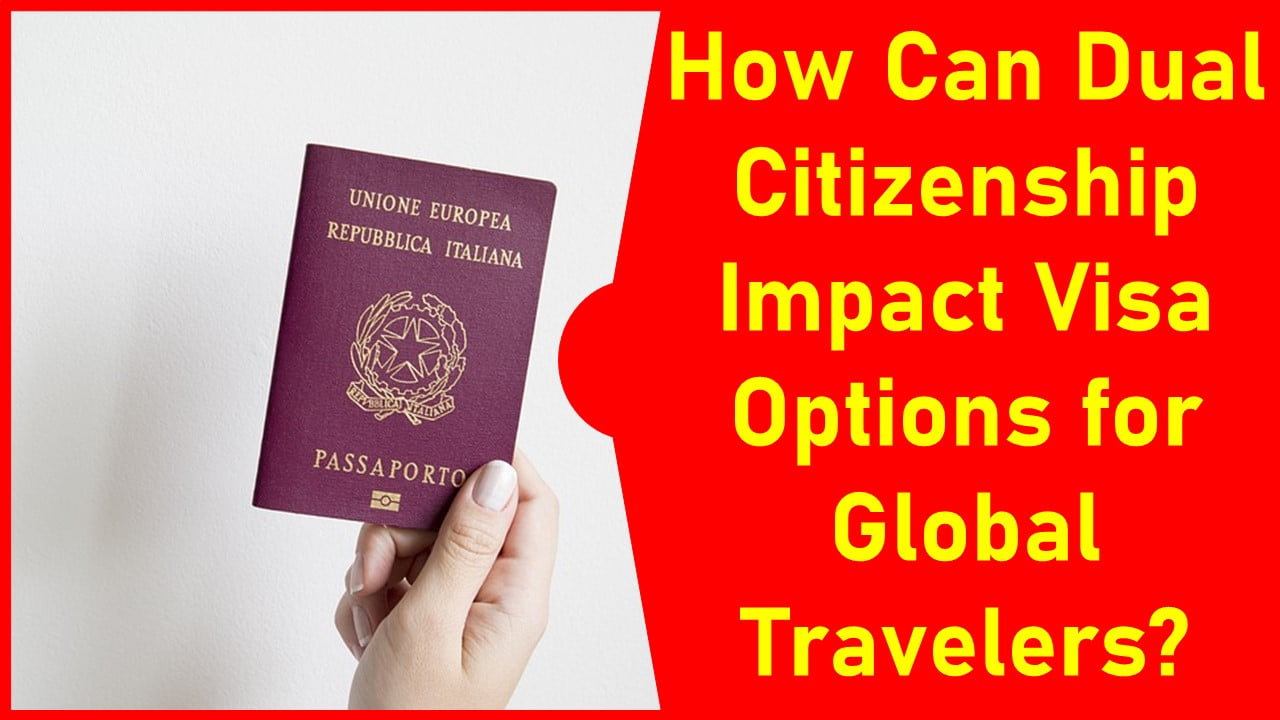Dual citizenship, also known as dual nationality, occurs when an individual is a citizen of two countries. The impact of dual citizenship on visa options for global travelers can vary depending on the specific countries involved and their respective immigration laws. Here are some general considerations:
- Visa-Free Travel: One of the potential advantages of dual citizenship is the ability to travel visa-free to more countries. Some countries have bilateral agreements that allow citizens of one country to enter another without a visa. Having dual citizenship may provide more options for visa-free travel, as you can choose to travel using the passport of the country that has better visa arrangements with your destination.
- Visa Requirements: On the flip side, dual citizenship may also complicate visa requirements. Some countries have specific visa application processes for dual citizens, and it’s important to be aware of any restrictions or additional documentation that may be required.
- Residence and Work Options: Dual citizenship can open up opportunities for residency and work in either of the countries. Some countries have special programs or visa categories that make it easier for their own citizens to live and work there. Dual citizenship can enhance your options for choosing where to reside or pursue employment.
- Tax Implications: Dual citizenship may have tax implications, as some countries tax their citizens on global income. It’s essential to understand the tax laws in both countries and any relevant tax treaties to ensure compliance. Seeking advice from a tax professional is advisable in such cases.
- Military Service Obligations: Some countries require their citizens to fulfill military service obligations. Dual citizens may have obligations in both countries, and it’s crucial to understand the laws and regulations related to military service.
- Renunciation: In some cases, holding dual citizenship might require you to renounce one of your citizenships. This decision could impact your ability to travel freely between the two countries or may have other legal implications.
- Changing Regulations: Immigration laws and regulations are subject to change. It’s important to stay informed about any changes in the laws of the countries involved to ensure compliance and to anticipate any impact on travel and visa options.
In summary, while dual citizenship can offer various benefits, it also comes with responsibilities and potential challenges, especially concerning global travel and visa options. It’s advisable to research and understand the specific laws and regulations of the countries involved and, if necessary, seek legal advice to navigate any complexities.



